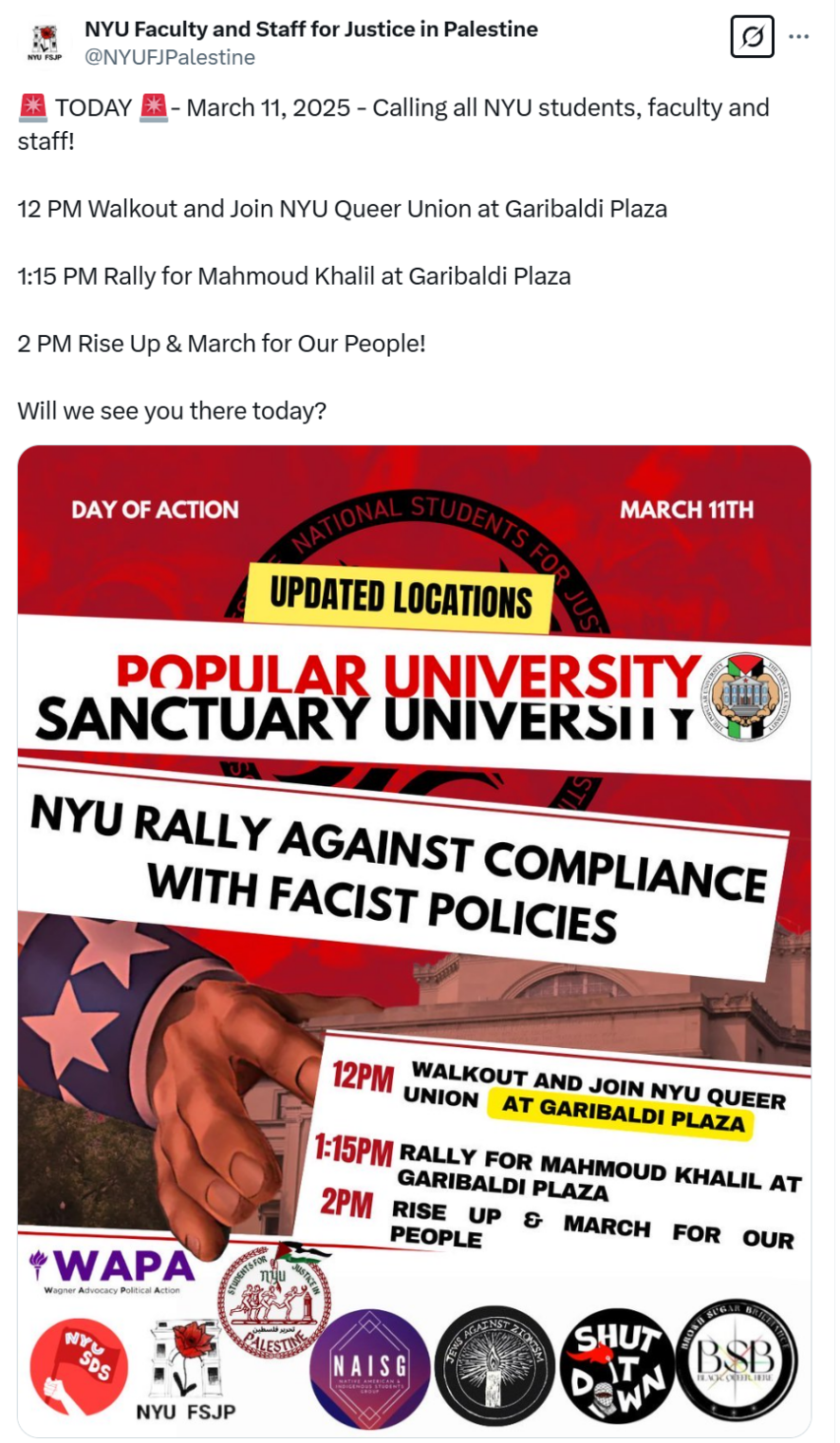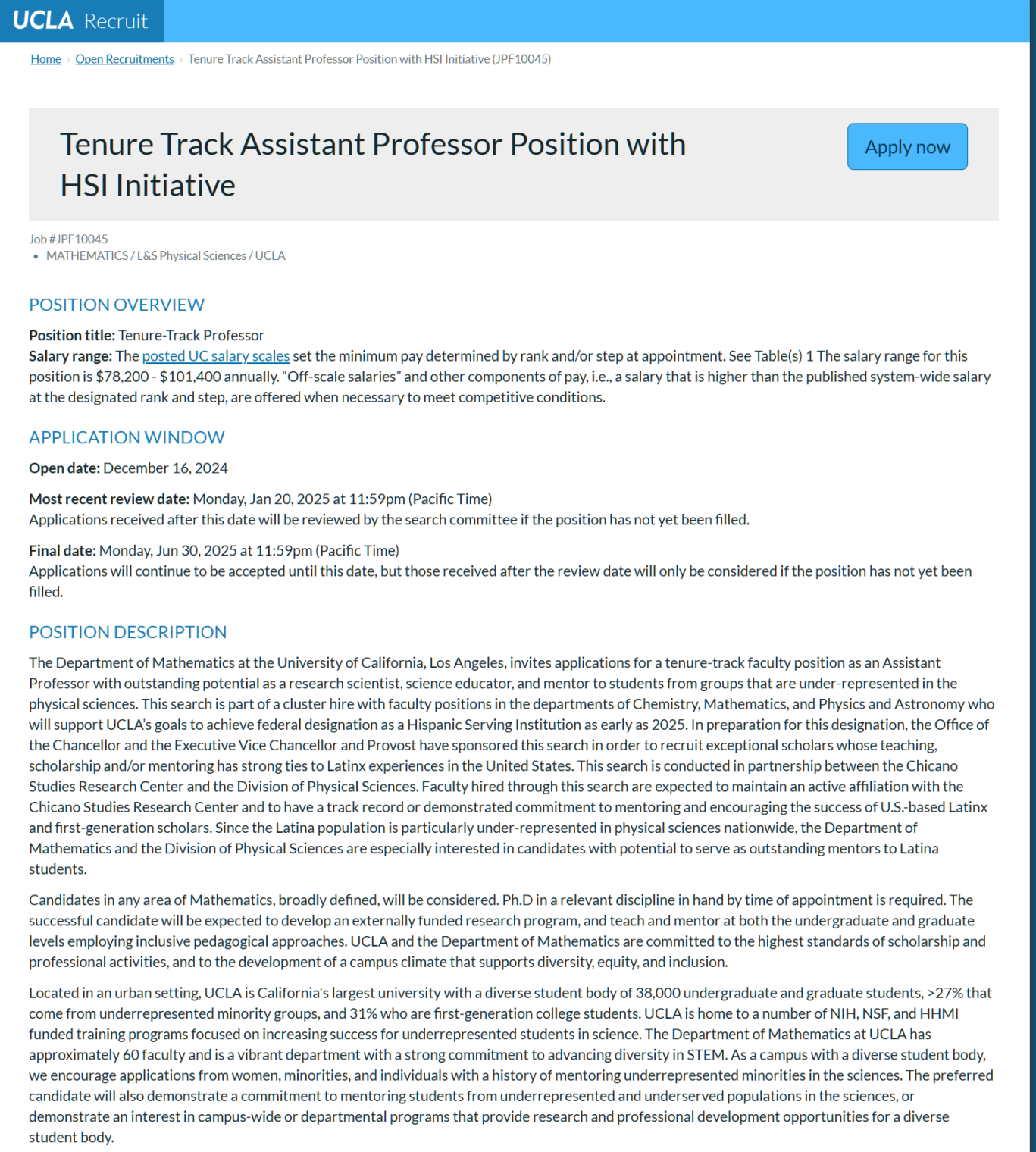Lessons from the NYU data leak
Today is the deadline for accepting college admissions offers. For parents and kids who are disappointed, let’s consider the strategic mistakes that they might have made.
Most obviously, a child who fails to identify as Elizabeth Warren’s cousin (i.e., “Native American”), is at a disadvantage. Same deal for Black, Latinx, 2SLGBTQQIA+, etc. These identifications are often matters of personal choice and colleges and universities have made their prejudice against cisgender heterosexual whites and Asians clear so a failure to identify in some kind of preferred category isn’t excusable.
Some more nuanced lessons from the NYU data leak, from a friend in suburban Boston who is numbers-oriented and fed everything into a database management system:
The real comparison is between “cohorts” – basically they lump people into clusters by zip code, background, interests. NYU admissions rate for our [somewhat rich suburban public] high school was effectively 3%. Way lower than their average admission rate.
Moving to a zip code from which few people apply to the schools of interest could help. Moving to a less elite neighborhood within the same metro area, for example, could actually save a huge amount of money as well as enhancing a child’s admissions chances. Evincing an interest in less-popular majors, e.g., classics, could help. (My friend: “It isn’t enough just to say classics – you need Latin courses, participation in known Latin competitions, etc.”)
(Maybe the ultimate hack would be moving into a zip code that is 99% occupied by The Villages or similar kids-forbidden development. It’s virtually guaranteed that zero other kids will apply from that zip code if kids under age 19 aren’t allowed to live in 99% of that zip code.)
From a different friend whose child attends an elite private school in Philadelphia:
One kid got into [Queers for Palestine League] penn last year for deferred admission because of crew and now [the child’s] class has twice as many kids doing rowing than previous class
Let’s check in with Harvard, where they say that they hate inequality and also that they want as much federal money as possible funded to richer-than-average schools in richer-than-average states. (i.e., don’t send the money to universities in poorer-than-average Michigan, Ohio, and Mississippi where the result would be increased equality among states) Layla L. Hijjawi, a Crimson editor:
Mahmoud Khalil, for example, is a green card holder — otherwise known as a lawful permanent resident — who has been detained, apparently for pro-Palestine organizing at Columbia University. The Trump administration has linked his actions, which ought to be defended by the First Amendment, to terrorism, claiming he poses a threat to American foreign policy.
One doesn’t even need to organize pro-Palestinian protests to become a target; simply attending one is enough to merit condemnation and threatened deportation, as the case of Yunseo Chung makes clear.
Most egregiously, merely publishing a pro-Palestine opinion piece — as many editors of this very paper have — can apparently result in being snatched off the streets and detained by Immigration and Customs Enforcement for supposedly supporting terrorism like Rumeysa Ozturk, another permanent resident of the U.S.
This is a clear escalation of its attack on pro-Palestine speech on campus. Harvard must not yield in the face of this right-wing pressure. The conciliatory approach of Harvard President Alan M. Garber’s email regarding funding review misses the mark by treating the review as being pursued in good faith, ignoring the obvious insidious and chilling intention of the campaign developing under the guise of preventing antisemitism.
Loosely related… (source)
Full post, including comments


















